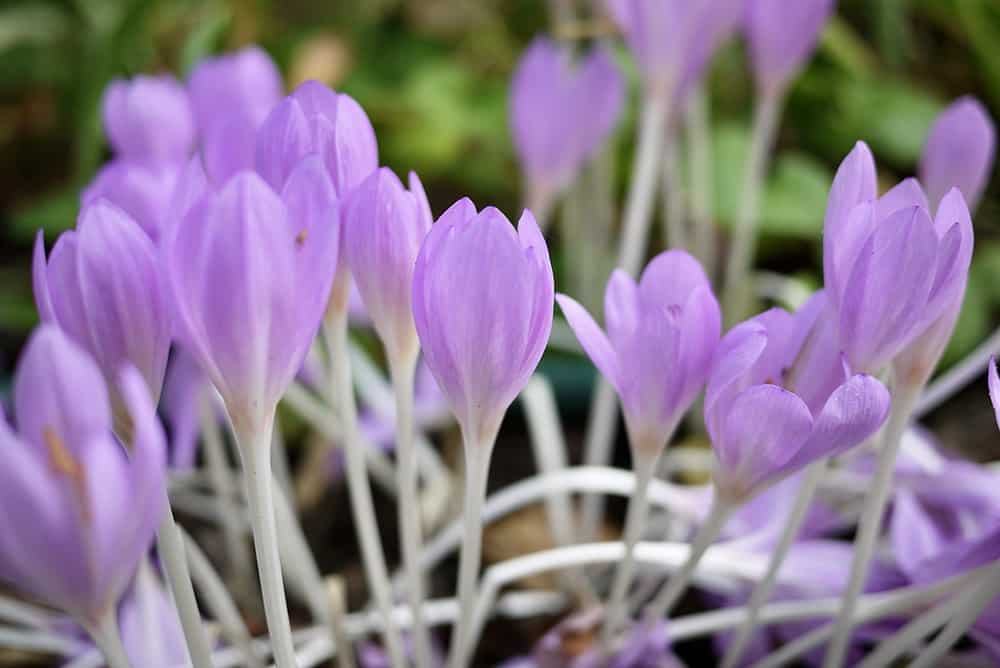Verse 1: The citadel of liberation
Part of a series of talks on the 41 Prayers to Cultivate Bodhicitta from the Avatamsaka Sutra (the Flower Ornament Sutra).
- Generating the bodhicitta motivation when entering a house
- Creating imprints of aspirational bodhicitta today so that one day we can generate pure bodhicitta
- Importance of repeated and persistent practice to transform the mind
41 Prayers to cultivate bodhicitta: Verse 1 (download)
We are about to start on the first gatha, the first of the 41 prayers which tells us how to cultivate bodhicitta. It says,
“May I lead all sentient beings to the citadel of liberation.”
This is the prayer of the bodhisattva when entering a house.
What this means is every time we enter into a house we think, “I am leading all sentient beings to the citadel of liberation, to enlightenment. I am taking them all out of suffering and leading them to enlightenment.” This is a tremendous mindfulness practice for us, especially when we’re walking, because so often we’re distracted. When we enter a house we’re not even aware we’re entering it. Our mind is already where we’re going to when we get in there, maybe the refrigerator. Our mind is always in the future there. But to actually pay attention when we’re entering a house and say, “My highest aspiration in life is to lead all sentient beings to liberation and enlightenment”.
Especially here at the Abbey, we go in and out of buildings quite a lot. So to make that really a mindfulness practice, like as you’re taking your shoes off at the door, we can also add the gatha, “I’m leaving my defilements behind,” and then as I’m going into the house, “I’m attaining full enlightenment myself and thus I want to lead all sentient beings to that same state of full enlightenment.” So make that our mindfulness practice at being present when we’re entering a house.
Can you imagine doing this day after day, time after time? That imprints the thought of bodhicitta in the mind again and again and again. And for us to actually generate pure bodhicitta, we need that repeated imprint. We need again and again to generate that aspiration so even though it may seem artificial… In our heart of hearts we don’t really feel like we want to lead sentient beings to liberation, we’re just kind of thinking that for three seconds so that we can at least feel good before we go into the house and get to the refrigerator. But, you know, still, it’s better than not thinking it at all, isn’t it. Just imprinting that thought of leading all sentient beings to enlightenment again and again. And as we do this repeatedly, then what will start to happen is we’ll start to feel it more and more and the refrigerator will become less and less interesting.
So, let’s try and make that a practice. We might want to write something on the door because, I don’t know about you, but I often forget it. Also, sometimes when I leave my cabin, I’ll think, “When I enter the house I want to think, ‘I’m leading all sentient beings to the citadel of liberation.'” And by the time I get to the house, I’ve forgotten. So maybe that’s my practice to at least generate it when I leave the cabin. But it’s better to think as you’re entering into the house that you are entering into liberation and taking all sentient beings there with you.
Venerable Thubten Chodron
Venerable Chodron emphasizes the practical application of Buddha’s teachings in our daily lives and is especially skilled at explaining them in ways easily understood and practiced by Westerners. She is well known for her warm, humorous, and lucid teachings. She was ordained as a Buddhist nun in 1977 by Kyabje Ling Rinpoche in Dharamsala, India, and in 1986 she received bhikshuni (full) ordination in Taiwan. Read her full bio.

